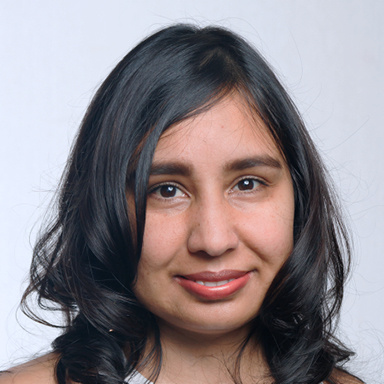The human papillomavirus (HPV) is one of the most common sexually transmitted infections responsible for more than 90% of cervical cancers in women and anal cancers in men and women.
It also causes genital warts, and throat, penis and vaginal cancers. There are currently two vaccines available in South Africa, both of which need to be administered during adolescence to be most effective.
HPV types and vaccines
There are more than 100 types of HPV and about 40 affect the genitals. Thirteen types have been shown to cause cervical cancer with HPV types 16 and 18 accounting for roughly 70% of the global cervical cancer caseload. Types 6 and 11 account for 90% of genital wart cases.
There are currently two vaccines available in South Africa, approved by the Medicines Control Council since 2008. Gardasil immunises patients against four types of HPV (6, 11, 16 and 18), and Cervarix immunises patients against two types (16 and 18 only).
For either vaccine to be most effective, it needs to be administered during adolescence, explains Dr Avril Moodley, obstetrician and gynaecologist at Mediclinic Midstream in Pretoria.
Why age matters
“The HPV vaccine can be administered to girls and boys from age nine and the recommended age is between 11 and 12. The vaccine produces the highest antibody counts when given at this age, giving maximum risk reduction and a longer-lasting effect,” Dr Moodley explains.
“A further advantage of early vaccination is that there is better efficacy if it is given prior to sexual debut, and thus it is more protective and offers a greater reduction of the burden of disease when given early,” says Dr Moodley. However, even after sexual debut, the vaccine can offer protection against any HPV types that an individual has not yet been exposed to.
Internationally, Cervarix is approved up to the age of 45 for women and Gardasil up to the age of 26 for men and 45 years for women. There is, however, limited research into how effective the vaccine is for women past the age of 26, given the decreasing uptake by the body.
How the vaccine works
Both the Gardasil and Cervarix vaccines are virus-like particle (VLP) vaccines. These are vaccines which contain no actual virus, but rather, particles that resemble the virus and which can induce protective immunity. Because there is no viral DNA in the vaccine, there is no risk of infection or carcinogenic effect.
“How long the vaccine remains effective is not exactly known. However, research reveals no evidence of weakened protection 10 years post vaccine,” says Dr Moodley.
To provide the best protection, three doses of Gardasil are required, or two doses of Cervarix. Some medical aid schemes will cover the cost of these.
Are pap smears still important if you’ve been vaccinated?
Regular pap smears are still necessary after having the vaccine as the vaccine only protects against the two most common strains of HPV and not the other, less-prevalent strains that can also cause cervical cancer, and a small number of cervical cancer cases are not linked to HPV at all. Pap smears also remain an important screening for other sexually transmitted infections.


